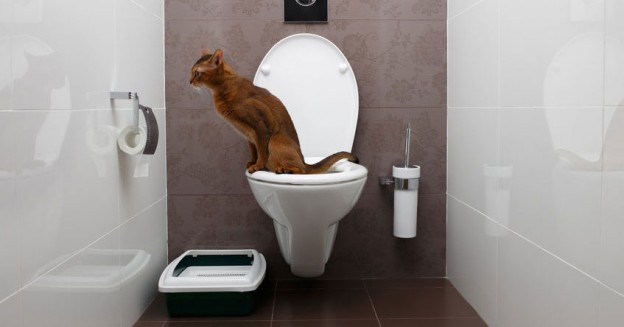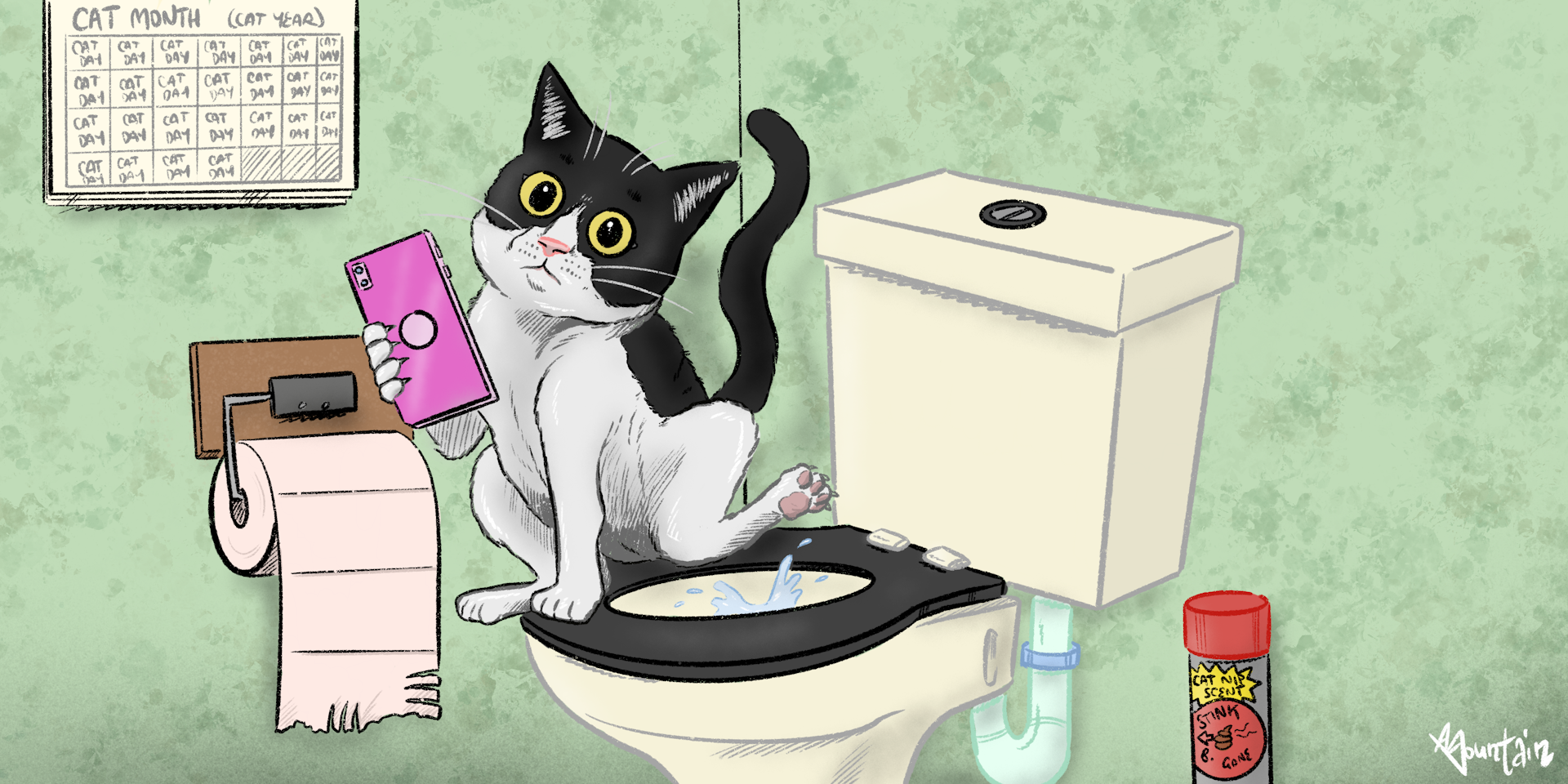The content in the next paragraphs about Can You Flush Cat Poop Down The Toilet? is unquestionably stimulating. Give it a go and make your own personal ideas.

Introduction
As cat owners, it's vital to bear in mind how we get rid of our feline good friends' waste. While it might seem practical to flush pet cat poop down the commode, this technique can have destructive repercussions for both the setting and human health and wellness.
Alternatives to Flushing
Thankfully, there are safer and more responsible means to get rid of pet cat poop. Think about the following options:
1. Scoop and Dispose in Trash
One of the most typical approach of disposing of feline poop is to scoop it right into a biodegradable bag and throw it in the garbage. Make sure to use a dedicated trash inside story and take care of the waste promptly.
2. Usage Biodegradable Litter
Select biodegradable feline trash made from materials such as corn or wheat. These litters are environmentally friendly and can be securely dealt with in the garbage.
3. Bury in the Yard
If you have a lawn, consider burying pet cat waste in an assigned area away from veggie gardens and water sources. Be sure to dig deep adequate to avoid contamination of groundwater.
4. Install a Pet Waste Disposal System
Buy a family pet garbage disposal system particularly made for feline waste. These systems make use of enzymes to break down the waste, decreasing odor and environmental impact.
Wellness Risks
Along with ecological concerns, flushing cat waste can additionally posture health and wellness threats to human beings. Pet cat feces might contain Toxoplasma gondii, a parasite that can cause toxoplasmosis-- a possibly serious health problem, specifically for expecting women and people with damaged body immune systems.
Ecological Impact
Flushing cat poop introduces dangerous microorganisms and parasites into the water supply, posing a substantial danger to aquatic communities. These contaminants can adversely impact aquatic life and compromise water quality.
Final thought
Responsible pet dog ownership expands beyond giving food and shelter-- it also includes correct waste administration. By avoiding flushing feline poop down the commode and choosing different disposal methods, we can reduce our ecological impact and protect human wellness.
Why Can’t I Flush Cat Poop?
It Spreads a Parasite
Cats are frequently infected with a parasite called toxoplasma gondii. The parasite causes an infection called toxoplasmosis. It is usually harmless to cats. The parasite only uses cat poop as a host for its eggs. Otherwise, the cat’s immune system usually keeps the infection at low enough levels to maintain its own health. But it does not stop the develop of eggs. These eggs are tiny and surprisingly tough. They may survive for a year before they begin to grow. But that’s the problem.
Our wastewater system is not designed to deal with toxoplasmosis eggs. Instead, most eggs will flush from your toilet into sewers and wastewater management plants. After the sewage is treated for many other harmful things in it, it is typically released into local rivers, lakes, or oceans. Here, the toxoplasmosis eggs can find new hosts, including starfish, crabs, otters, and many other wildlife. For many, this is a significant risk to their health. Toxoplasmosis can also end up infecting water sources that are important for agriculture, which means our deer, pigs, and sheep can get infected too.
Is There Risk to Humans?
There can be a risk to human life from flushing cat poop down the toilet. If you do so, the parasites from your cat’s poop can end up in shellfish, game animals, or livestock. If this meat is then served raw or undercooked, the people who eat it can get sick.
In fact, according to the CDC, 40 million people in the United States are infected with toxoplasma gondii. They get it from exposure to infected seafood, or from some kind of cat poop contamination, like drinking from a stream that is contaminated or touching anything that has come into contact with cat poop. That includes just cleaning a cat litter box.
Most people who get infected with these parasites will not develop any symptoms. However, for pregnant women or for those with compromised immune systems, the parasite can cause severe health problems.
How to Handle Cat Poop
The best way to handle cat poop is actually to clean the box more often. The eggs that the parasite sheds will not become active until one to five days after the cat poops. That means that if you clean daily, you’re much less likely to come into direct contact with infectious eggs.
That said, always dispose of cat poop in the garbage and not down the toilet. Wash your hands before and after you clean the litter box, and bring the bag of poop right outside to your garbage bins.
https://trenchlesssolutionsusa.com/why-cant-i-flush-cat-poop/

As a keen reader on How to Dispose of Cat Poop and Litter Without Plastic Bags, I thought sharing that piece of content was a good idea. Appreciated our write-up? Please share it. Let other people discover it. Thanks a bunch for your time. Visit again soon.
Book